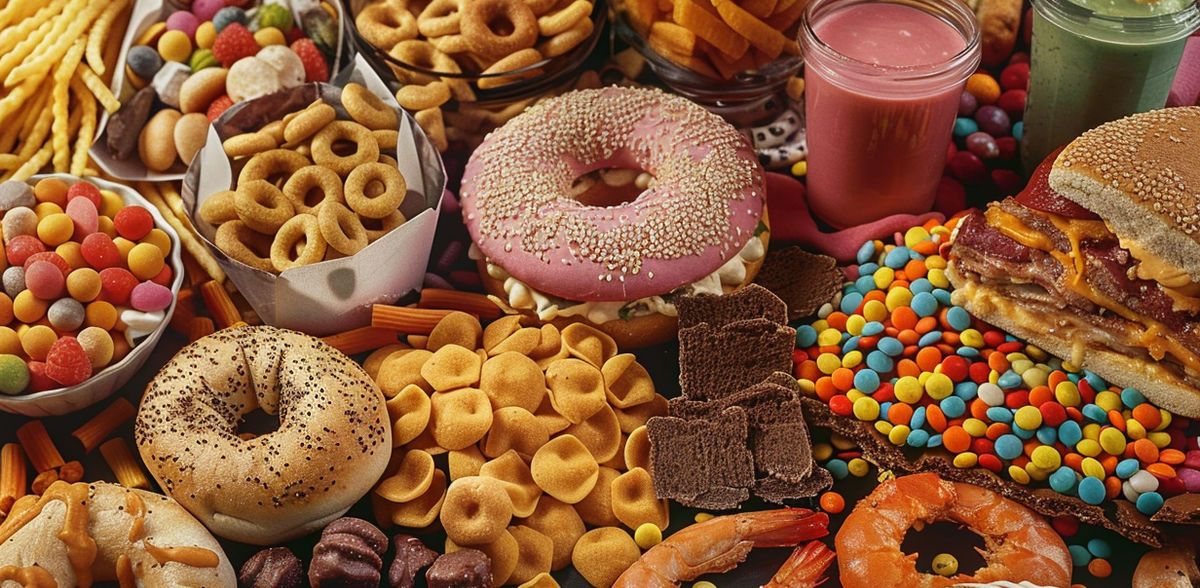Price sensitivity to unhealthy foods
Consumer data shows people with obesity are more price-sensitive than others when it comes to buying unhealthy foods, suggesting a food tax could be an effective public health measure. taxes on sugar-sweetened beverages have become a commonly employed policy to improve public health. Less common are taxes on unhealthy foods, such as candy, cookies, or potato chips--and there is little data on whether such taxes would improve public health. Ying Bao and colleagues examined whether individuals of various body weights are sensitive to price when making decisions about whether to purchase unhealthy foods. The authors analyzed data collected by NielsenIQ and Circana, consumer research companies, which collects data on real purchases made by American households, including the price per ounce. Members of these households also fill out a survey which includes questions about height and weight. The authors focus on one-person households so they can assign all purchases accurately to a single individual; the resulting sample size is about eight to ten thousand households. The authors find that individuals with higher body mass index (BMI) are more price sensitive when buying unhealthy foods, such as cookies or potato chips, but they are not more price sensitive when buying healthy foods, such as carrots or rice. The effect did not depend on income. According to the authors, a 10% price increase on unhealthy food categories would substantially reduce consumption of these foods—reducing purchases of frozen pizza by up to 14%, for example, for the highest-BMI consumers.
Most read news
Topics
Organizations
Other news from the department science

Get the food & beverage industry in your inbox
By submitting this form you agree that LUMITOS AG will send you the newsletter(s) selected above by email. Your data will not be passed on to third parties. Your data will be stored and processed in accordance with our data protection regulations. LUMITOS may contact you by email for the purpose of advertising or market and opinion surveys. You can revoke your consent at any time without giving reasons to LUMITOS AG, Ernst-Augustin-Str. 2, 12489 Berlin, Germany or by e-mail at revoke@lumitos.com with effect for the future. In addition, each email contains a link to unsubscribe from the corresponding newsletter.































































